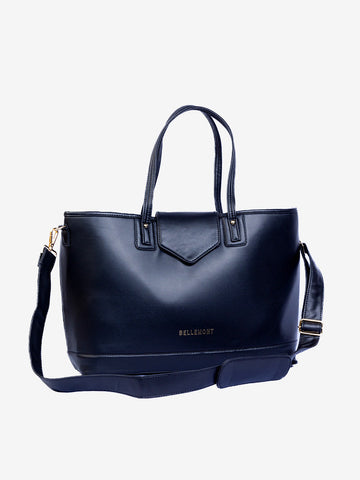Introduction
In the ever-evolving world of conscious fashion, high-grade vegan leather is making waves as a sustainable and ethical alternative to traditional leather. Fusing innovation with responsibility, this next-generation material offers the best of both worlds—luxury aesthetics without the environmental cost.
What is High-Grade Vegan Leather?
High-grade vegan leather refers to advanced, non-animal materials engineered to replicate the look and durability of genuine leather. These materials are manufactured through sophisticated techniques that focus on texture, longevity, and eco-friendliness, offering a refined experience for modern consumers.
How is Vegan Leather Processed?
1. Synthetic-Based Methods
Early generations of vegan leather are created using synthetic compounds like polyurethane. The process involves layering synthetic materials over fabric backings and then texturing the surface to resemble animal leather. These synthetic types are still common today due to their affordability and versatility.
2. Bio-Based & Plant-Derived Methods
Recent advancements have introduced a new wave of plant-based vegan leathers. These innovative materials are made from natural fibers such as:
-
Pineapple Leaves – Transformed into fibers and pressed into a durable textile.
-
Cactus – Processed into leather-like sheets through drying and minimal chemical treatments.
-
Mushrooms – Cultivated and compressed into flexible, skin-like material.
These processes often reduce water usage, minimize waste, and avoid harmful chemicals—making them more sustainable than traditional methods.
Benefits of High-Grade Vegan Leather
-
Animal-Friendly: Produced without harming animals.
-
Eco-Conscious: Many varieties have a significantly lower carbon footprint.
-
Stylish Versatility: Available in a range of colors, finishes, and textures.
-
Water-Resistant: Often more resistant to water damage than real leather.
Key Considerations
Despite its advantages, there are still a few factors to keep in mind:
-
Durability: Some plant-based leathers may not match the lifespan of animal leather.
-
Cost of Innovation: Premium plant-based leathers can be more expensive to produce.
-
Scale: Meeting the global demand for vegan alternatives requires growth in both technology and infrastructure.
The Bellemont Lifestyle: Where Fashion Meets Function
At The Bellemont Lifestyle, sustainability and sophistication go hand in hand. Crafted with premium-grade automobile faux leather, these handbags are designed for the modern-day professional and traveler. With features like padded laptop compartments, bottle holders, secret pockets, and pen organizers, Bellemont bags combine everyday utility with timeless elegance.
Conclusion
High-grade vegan leather represents a major step forward in sustainable fashion. As technology continues to evolve, the quality and accessibility of these materials are only getting better. By embracing innovative processes and thoughtful design, we can make choices that look good—and feel even better.







